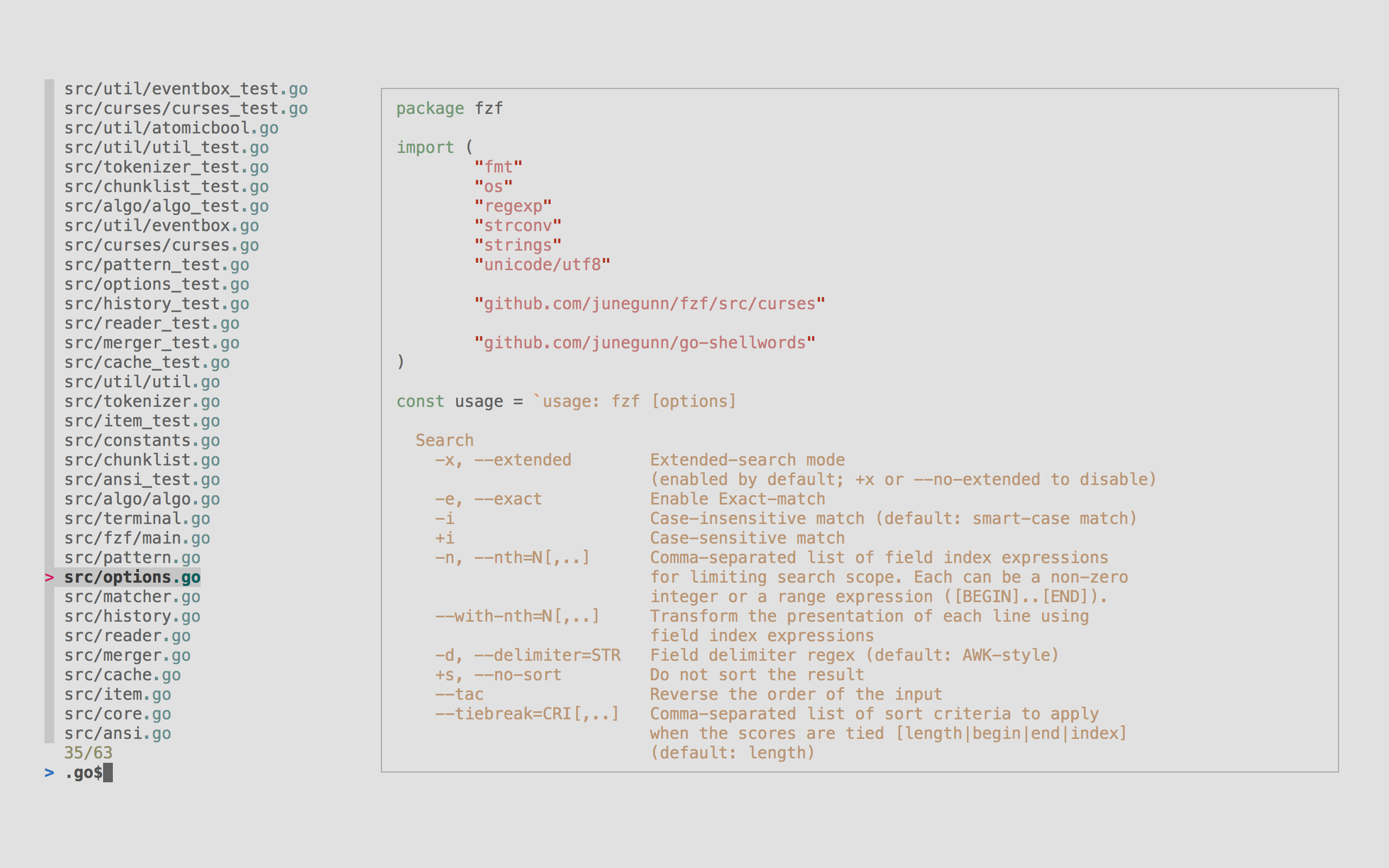The original script worked partial for me! I missed notifications though. No idea why! The original script works in Debian.
First place the backup script in /root.
On Arch Linux make sure libnotify is installed and cronie.service is enabled:
$ sudo pacman -S libnotify
$ sudo systemctl enable cronie.service
$ sudo systemctl start cronie.service
Get the external disk UUID:
$ ls -l /dev/disk/by-uuid
respectively
$ sudo blkid /dev/sdX
change sdX with your disk.
Get your userid:
$ id -u <username>
Do a new cronjob:
$ sudo crontab -e
Fill in:
*/1 * * * * /root/backup.sh >> /dev/null 2>&1
Like this the script is called every minute by cron.
This is my changed script:
Replace UUID, <yourusername> and <youruserid>!
Be careful! The script will sync source-directory with destination-directory. Non existing files in source-directory will be deleted from destination-directory!
The script below will only do a testrun - change rsync options from -avn to -av!
________________________________________________________________________________
#!/bin/bash
#holzboa
#Use at your own risk!
########## Konfiguration ############
UUID="d2428c4a-1a0b-4f1a-97eb-582b2b1adb94" #replace with you external disk UUID
CHECK_DISC="/dev/disk/by-uuid/$UUID"
DATE=`/bin/date +%Y%m%d`
CHECK_DATE_DIR="/root" #date-file directory and temporary mount backup-disk
BACKUP_DIR_MEDIA="backup" #here the backup-disk will be mounted temporary
BACKUP_DIR="$CHECK_DATE_DIR/$BACKUP_DIR_MEDIA" #backup directory, in this case root of backup disk
DATE_FILE="$CHECK_DATE_DIR/$DATE.date" #date-file, shows if backup was already done
CHECK_RSYNC=`ps -aef | grep -v grep | grep rsync | wc -l`
CHECK_MOUNT=`df -h | awk '{print $6}' | grep $BACKUP_DIR_MEDIA | wc -l`
SOURCE_DIR="/directory/to/save /other/directory/to/save /next/directory/to/save" # if you put a / in the end of path only the files inside the directory get saved
#####################################
/bin/umount $CHECK_DISC
if [ ! -d $CHECK_DATE_DIR/$BACKUP_DIR_MEDIA ]; then
/bin/mkdir $CHECK_DATE_DIR/$BACKUP_DIR_MEDIA
fi
if [ $CHECK_RSYNC = 0 ]; then #if no other rsync-process is running, start it up
if [ -e $CHECK_DISC ]; then
if [ $CHECK_MOUNT = 0 ]; then
if [ ! -f $DATE_FILE ]; then
/bin/mount UUID=$UUID $CHECK_DATE_DIR/$BACKUP_DIR_MEDIA
sleep 5
rm -f $CHECK_DATE_DIR/*.date
sudo -u <yourusername> DISPLAY=:0 DBUS_SESSION_BUS_ADDRESS=unix:path=/run/user/<youruserid>/bus notify-send "backup-disk detectet" "start\ backup\ \(You\ will\ recieve\ a\ message\ after\ finishing\!\)"
/usr/bin/rsync -avn --safe-links --delete --ignore-errors $SOURCE_DIR $BACKUP_DIR #only does a testrun. To do your backup change -avn to -av
/bin/sync
/usr/bin/touch $DATE_FILE
/bin/umount /dev/disk/by-uuid/$UUID
else
sudo -u <yourusername> DISPLAY=:0 DBUS_SESSION_BUS_ADDRESS=unix:path=/run/user/<youruserid>/bus notify-send "Backup already done today" "You\ may\ plug\ out\ the\ disk\ now\!"
fi
fi
fi
fi









